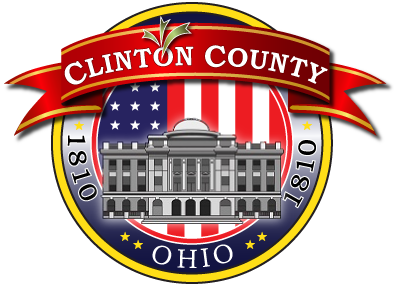Ohio Public Records Act
- The federal Freedom of Information Act (FOIA) is a federal law that does not apply to state or local agencies or officers. A request for government records from a state or local agency in Ohio is governed only by the Public Records Act.
- Generally, all records of a coroner’s office are public records subject to inspection by the public. A coroner’s office may provide copies to a requester upon a written request and payment by the requester of a statutory fee. However, the following are not public records:
- preliminary autopsy and investigative notes and findings;
- photographs of a decedent made by the coroner’s office;
- suicide notes;
- medical and psychiatric records of the decedent provided to the coroner;
- records of a deceased individual that are part of a confidential law enforcement investigatory record;
- and laboratory reports generated from analysis of physical evidence by the coroner’s laboratory that is discoverable under Ohio Criminal Rule 16.240
- The following three classes of requesters may request some or all the records that are otherwise exempted from disclosure:
- next of kin of the decedent or the representative of the decedent’s estate (copy of full records),
- journalists (limited right to inspect), and
- insurers (copy of full records).
The coroner may notify the decedent’s next of kin if a journalist or insurer has made a request.
- Journalists
Pursuant to R.C. § 313.10 (D) journalists are permitted access, upon the submission of a written request to view:
- Preliminary autopsy and investigative notes and findings;
- Suicide notes; or
- Photographs
Requests shall include the journalist’s name, title, address of the journalist’s employer, and state that the granting of the request would be in the best interest of the public.
R.C. § 313.10 (D) prohibits the journalist from copying the preliminary autopsy and investigative notes and findings, suicide notes, or photographs.
To comply with this requirement, journalists are permitted to view the foregoing in the presence of a Clinton County Coroner’s Investigator who will ensure that all provisions of R.C. § 313.10 (D) are complied with. Journalists will be required to secure their electronic devices, recording devices, writing instruments and paper, and any other instruments of duplication or recordation, outside of the room in which the journalist is viewing the records. As the Coroner’s Office is publicly funded, in order to be good stewards of the public’s funds, the viewing will be limited in duration to not more than 30 minutes.

